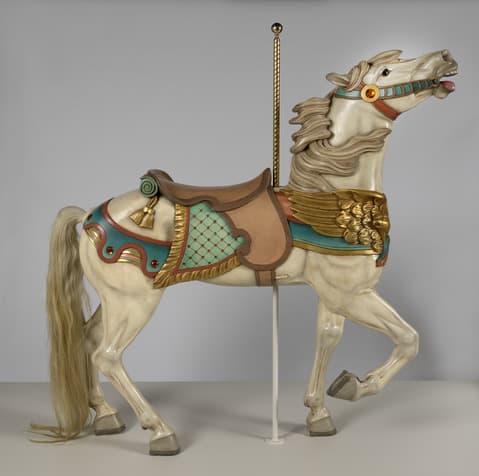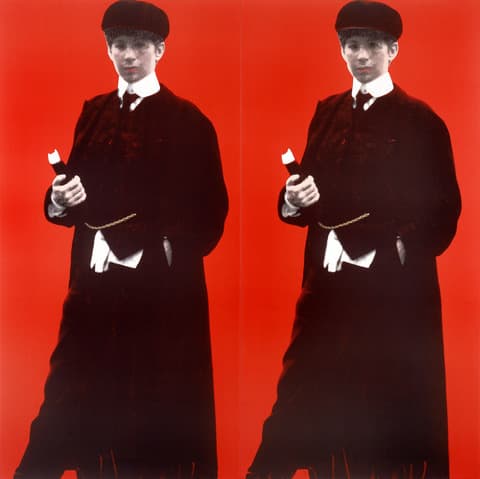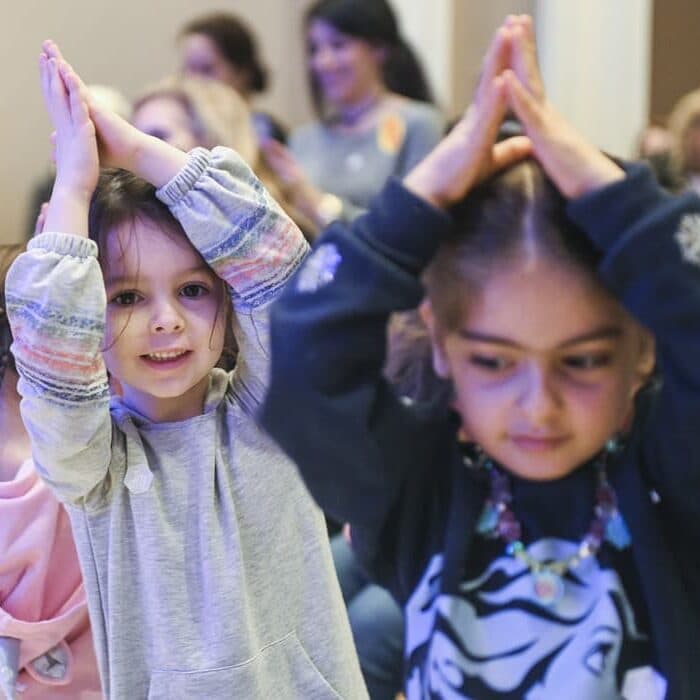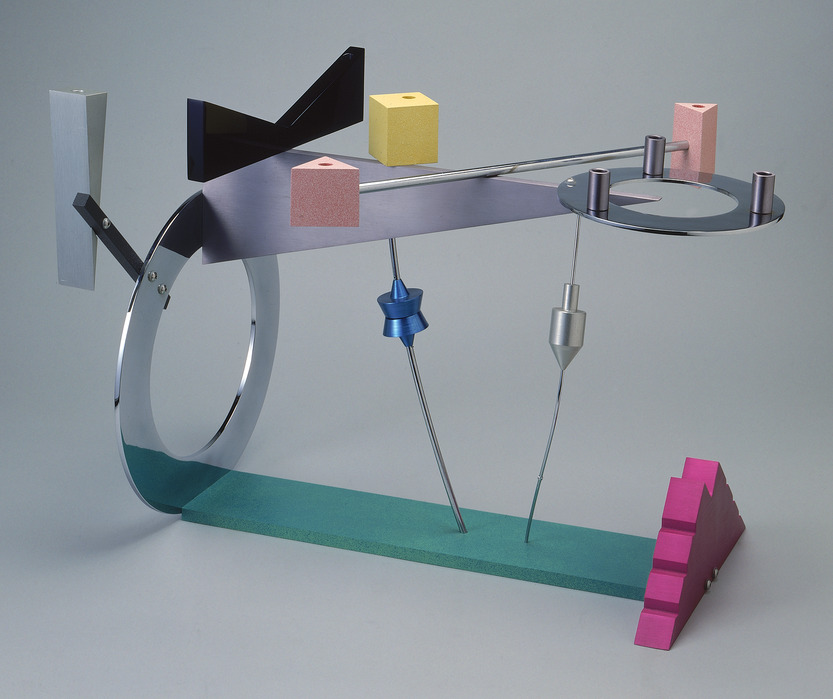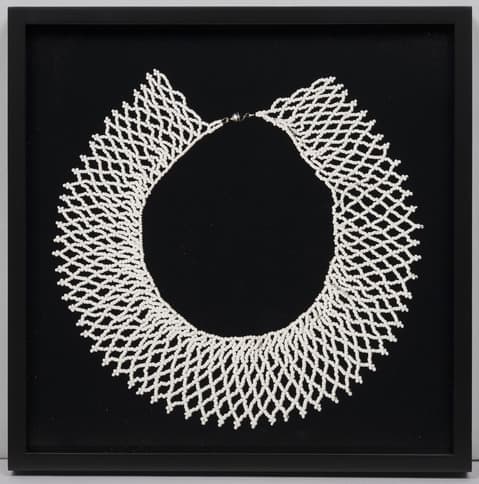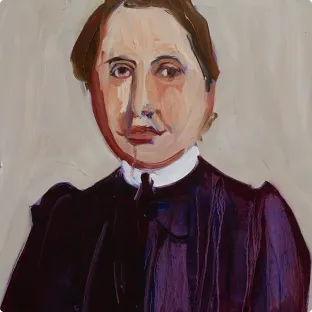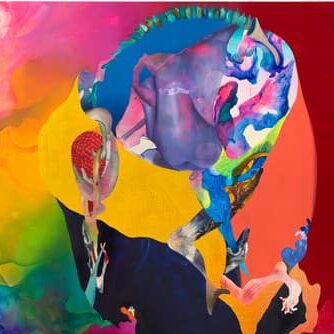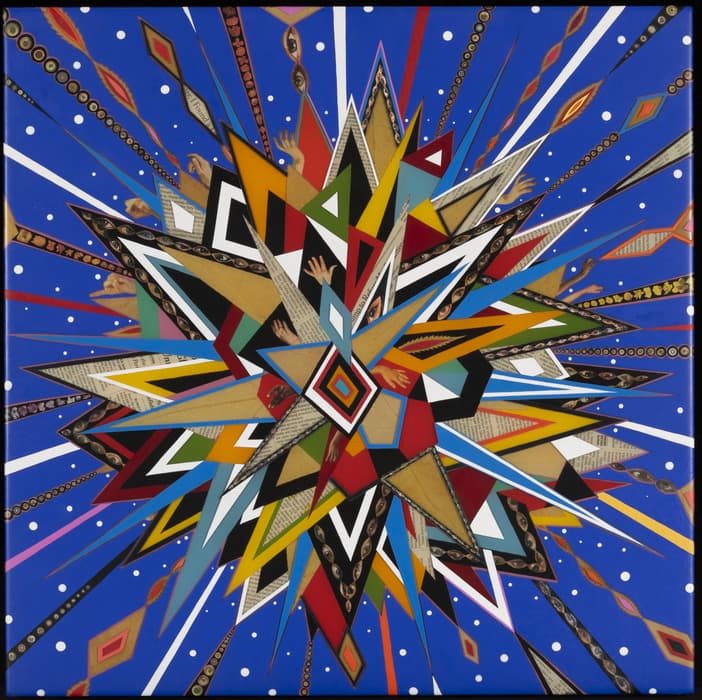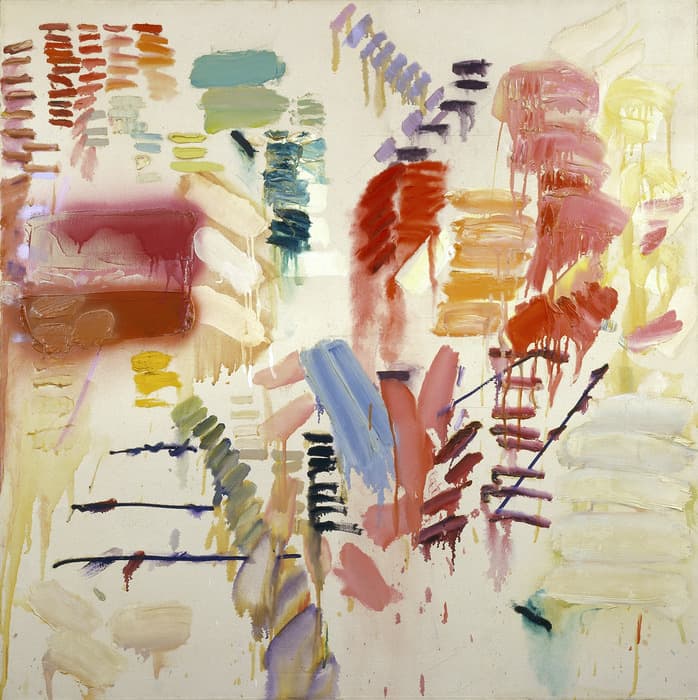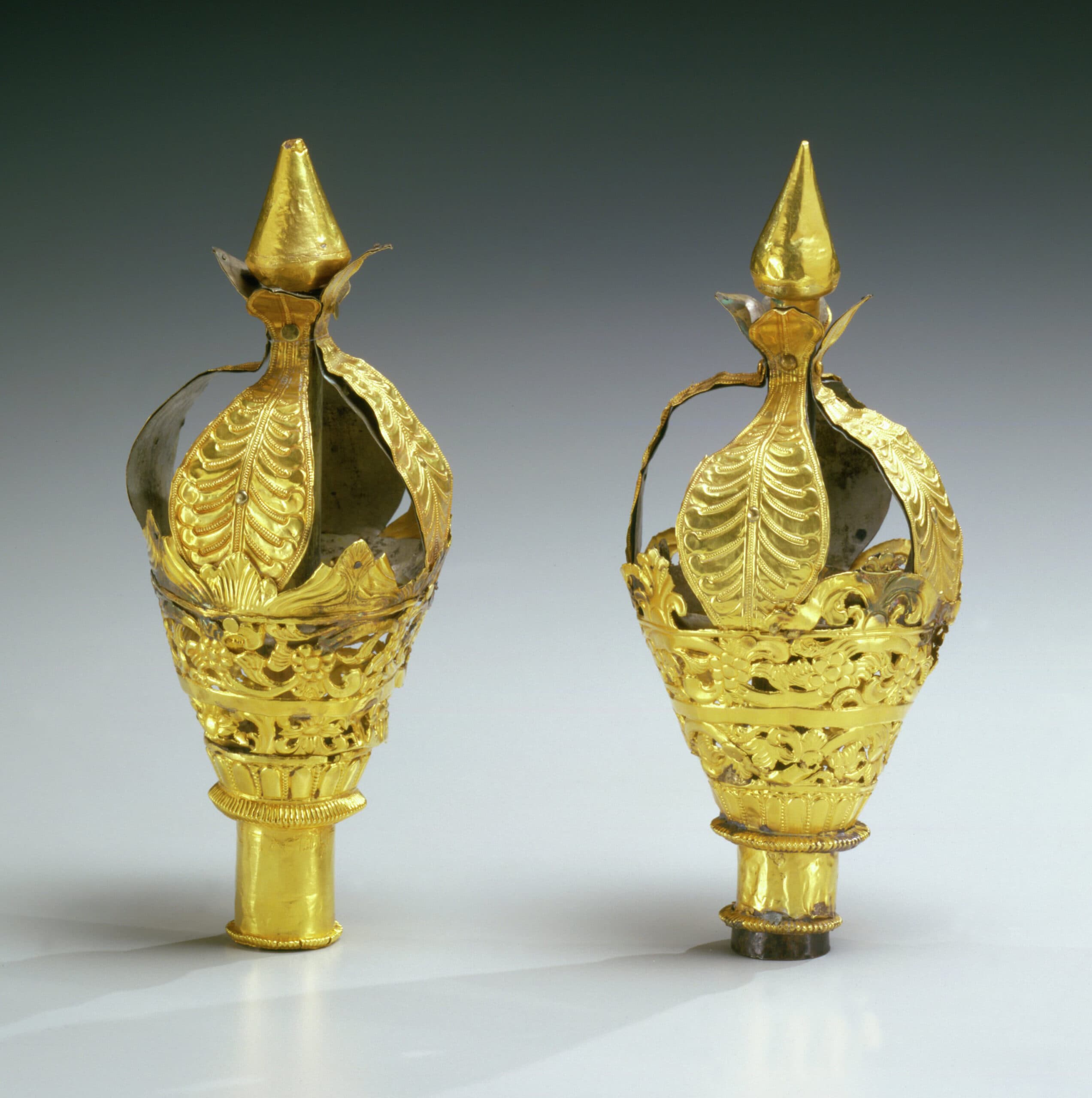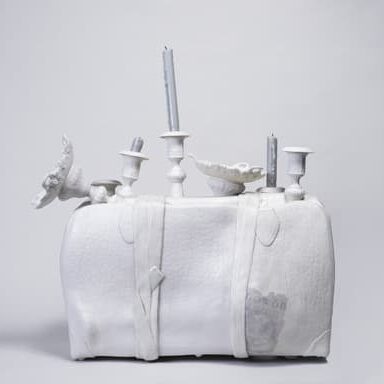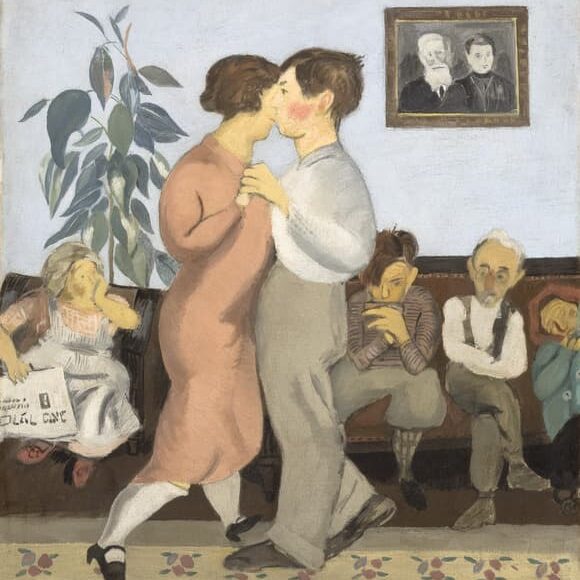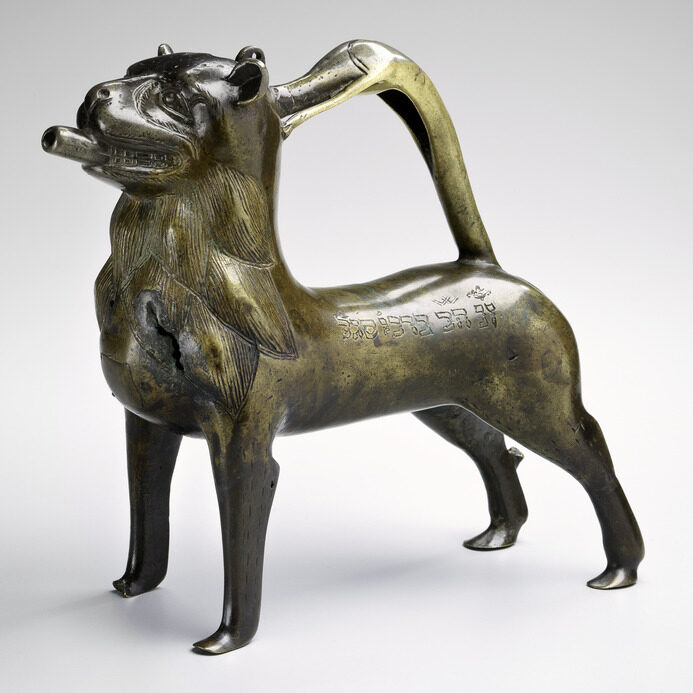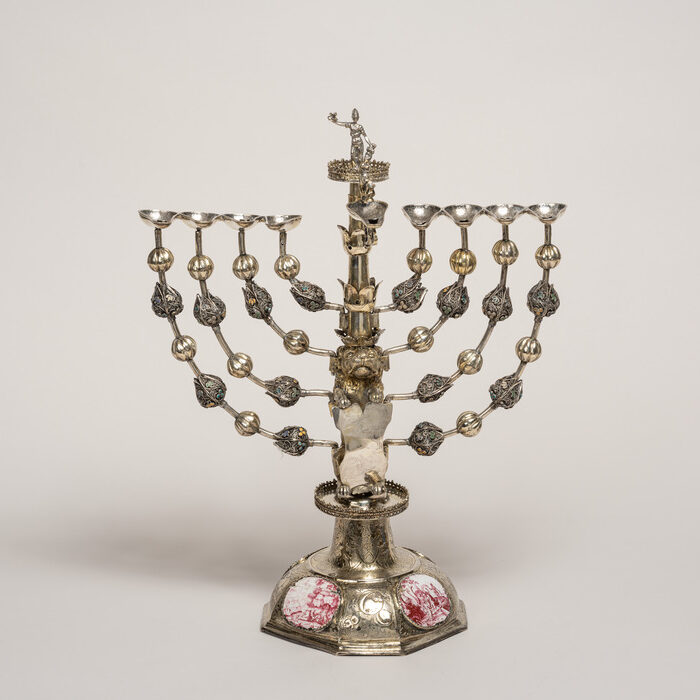First U.S. Survey Exhibition of Marta Minujín, A Defining Force of Postwar Latin American Art, at the Jewish Museum

Marta Minujín: Arte! Arte! Arte!
November 17, 2023 – March 31, 2024
New York, NY, June 15, 2023— The Jewish Museum will present the first survey exhibition in the United States of Marta Minujín, a defining force of Latin American art whose trajectory intersected with the major artistic developments of the postwar period while reflecting a singular spirit and vision infused by her sharp intellect, irreverent humor, and performative presence. On view from November 17, 2023 through March 31, 2024, Marta Minujín: Arte! Arte! Arte! will reflect the genre-defying arc of the artist’s six-decade career.
This timely exhibition responds to a renewed interest in feminist, Pop, and Latin American art by investigating one of their leading figures. Marta Minujín: Arte! Arte! Arte! will include nearly 100 works drawn from the artist’s archives in Buenos Aires as well as private and institutional collections. Organized to reflect her bold experimentation over six decades, the exhibition will chart Minujín’s influential career in Buenos Aires as well as time spent in Paris, New York, and Washington, DC, through a range of pioneering, mattress-based soft sculptures; fluorescent large-scale paintings; psychedelic drawings and performances; and vintage film footage. The artist’s ephemeral works – happenings, participatory installations, and monumental public art – will be presented through rarely-seen photographs, video, and other documentation.
Minujín established an international reputation as a key artistic voice at a young age. Born to a Russian-Jewish family in 1943 in Buenos Aires, Argentina, Minujín began her career in the late 1950s creating cardboard constructions and roughly hewn paintings. By the early 1960s, she had started to experiment with mattresses, creating colorful soft sculptures that would come to define her signature style. She also began to travel, living at various times in Paris and New York, where she would meet and collaborate with members of the American and French avant-garde, among them Niki de Saint-Phalle, Christo, Charlotte Moorman, and Andy Warhol.
Minujín was an early and prodigious creator of participatory performance art. Her first major happening took place in Paris. For La Destrucción (The Destruction, 1963), she invited other artists to help set her sculptures on fire in an empty lot. Minujín soon developed a reputation for producing participatory events that were playful and defiant, often placing people in unexpected situations meant to “intensify experience.”
By the mid-1960s, Buenos Aires was a thriving cultural hub, with experimental art spaces like the Instituto Torcuato Di Tella providing crucial support for avant-garde artists. Minujín would stage some of her most iconic experiential artworks there, including the multi-room environments La Menesunda (Mayhem, 1965) and El Batacazo (The Long Shot, 1965–66); the technologically complex Simultaneidad en simultaneidad (Simultaneity in Simultaneity, 1966); and Importación-Exportación (Import-Export, 1968), which reflected her growing interest in the revolutionary counterculture of the United States.
While living in Washington, DC in the early 1970s, Minujín returned to painting, producing graphic, colorful, work that characterized the spirit of the sexual revolution and linked her to other feminist artists of her generation. The theme of sex, which had been present in her art since the tactile invitation of her early interactive mattresses, was made explicit in her Frozen Sex paintings, with their close-up views of the body during intercourse. These bold canvases, which were censored in Buenos Aires at the time of their creation, are a testament to Minujín's boundary-breaking practice.
Minujín returned to Buenos Aires in 1975, just before Argentina fell under a brutal military dictatorship (1976-1983). The political situation became hostile to artists and others associated with left-wing activities. In response, Minujín found humorous ways to foreground themes of social fragmentation and failure in her practice, as in La academia del fracaso (The Academy of Failure, 1975). She also embarked on La caída de los mitos universales (The Fall of Universal Myths), an ongoing series of monumental public sculptures, designed to be toppled, pulled apart, and consumed, that interrogate established power structures and their symbols. El Partenón de libros (The Parthenon of Books, 1983), erected in the year democracy was finally restored to Argentina, covered a replica of the Greek temple in thousands of books that had been banned under the junta; the books were redistributed to the public at the close of the event.
Since about 2007, Minujín has been working on densely layered canvases wherein thousands of thin strips of painted fabric are attached one by one to the surface. With their gyrating swirls, patterns of geometric color, and buzzing compositions, these recent paintings produce a destabilizing optical effect informed by the artist’s earlier experimentation with psychedelic drugs. The sensorial qualities of these canvases, however, do not negate their association with unfolding global realities. Minujín has always listened to the radio while working. In December 2019 she heard the news about the emergence of a new virus that turned out to mark the beginning of a worldwide pandemic. A period of enforced isolation followed, during which time the artist worked on what would become the Pandemia/Endemia (Pandemic/Endemic) paintings, for which it is impossible to disconnect the thousands of strips covering the surface of the works from lives lost during this health emergency.
Today Minujín is one of Argentina’s most recognized artists and celebrated cultural personalities. She continues to produce multimedia installations, participatory events, paintings, and sculptures, attesting to her unceasing versatility. Well into the twenty-first century, Minujín’s art persists with vital force, critical vision, and clarity of purpose.
Marta Minujín: Arte! Arte! Arte! is organized by Darsie Alexander, Senior Deputy Director and Susan & Elihu Rose Chief Curator, and Rebecca Shaykin, Associate Curator, at the Jewish Museum, New York. The exhibition design is by Galia Solomonoff and Elena Martinoni of SAS/Solomonoff Architecture Studio. Bilingual texts in English and Spanish will be included in the exhibition.
Catalogue
The exhibition is accompanied by a richly illustrated 240-page catalogue by Darsie Alexander and Rebecca Shaykin, with contributions by Rodrigo Alonso and Emily Markert, featuring original essays and an interview with the artist. Co-published by the Jewish Museum and Skira Editore, the book will be available worldwide and from the Jewish Museum Shop for $65.
Programs
Programs in conjunction with Marta Minujín: Arte! Arte! Arte! will include a series of artist conversations, performances, and virtual classes inspired by the exhibition.
Audio Tour
Accompanying the exhibition is a bilingual audio tour available in English and Spanish within the Jewish Museum’s digital guide on Bloomberg Connects, the free arts and culture app. Bloomberg Connects is accessible for either onsite or offsite visits and can be downloaded to any mobile device. Download the free app. There will also be a bilingual verbal description guide in English and Spanish for visitors who are blind or have low vision.
Support
Marta Minujín: Arte! Arte! Arte! is made possible by The Andy Warhol Foundation for the Visual Arts, The Kaleta A. Doolin Foundation, the Charina Foundation, The Knapp Family Foundation, Agnes Gund, the Goldie and David Blanksteen Foundation, the Jacques and Natasha Gelman Foundation, Estrellita and Daniel Brodsky, Dario Werthein, Fundación Ama Amoedo, Jerry Speyer and Katherine Farley, Helen Frankenthaler Foundation, The Imperfect Family Foundation, Marley B. Lewis, Teresa A.L. Bulgheroni, Monica and Carlos Camin, Migoya Charitable and Family Irrevocable Trust, Erica Roberts, and other generous donors.
Additional support is provided by the Melva Bucksbaum Fund for Contemporary Art, the Barbara S. Horowitz Contemporary Art Fund, the Dorot Publication Fund, and Ealan and Melinda Wingate.
Digital guide supported by Bloomberg Connects.
Press contacts
Anne Scher, [email protected] or 212.423.3271
